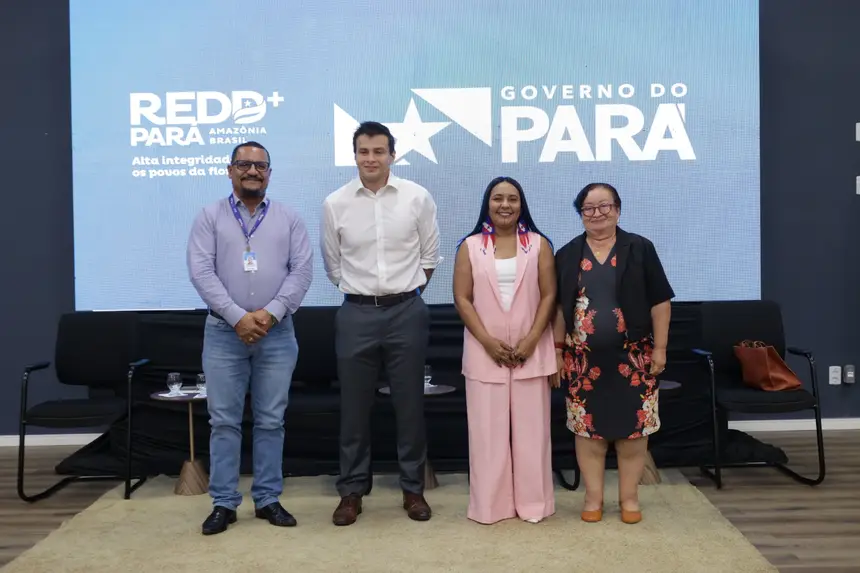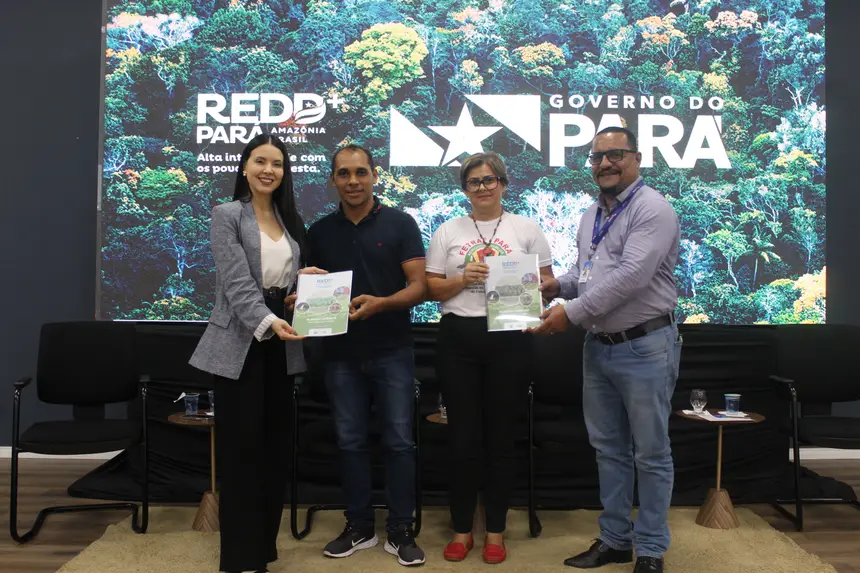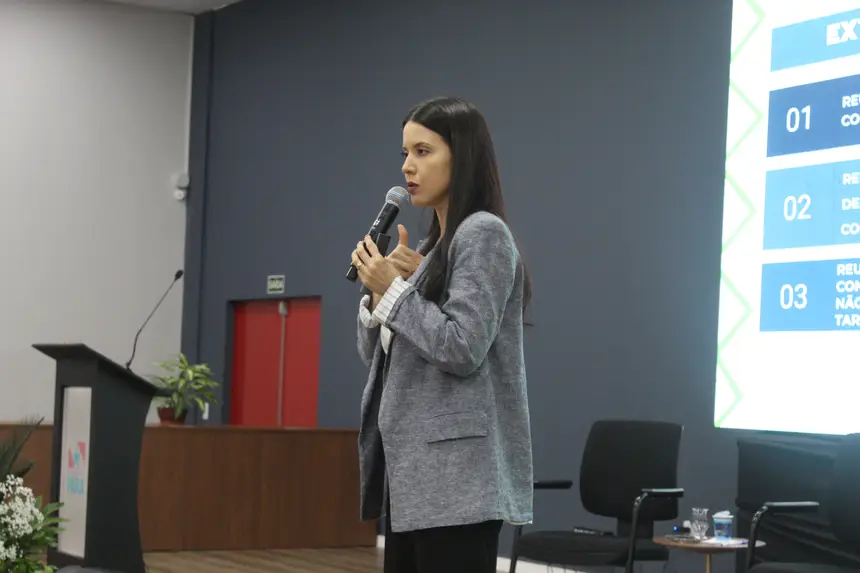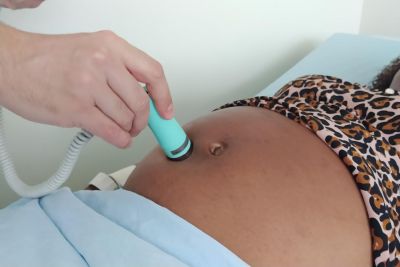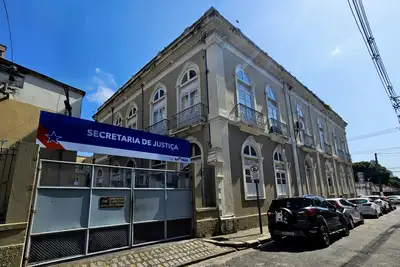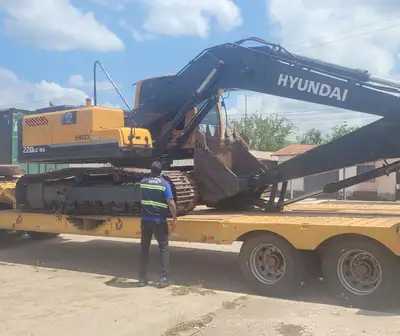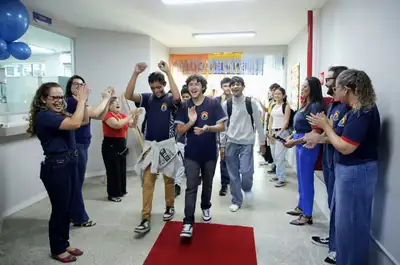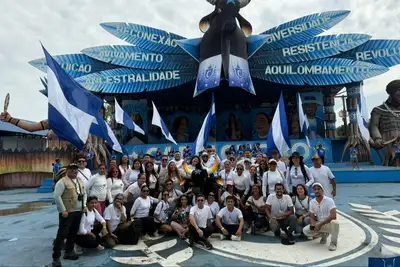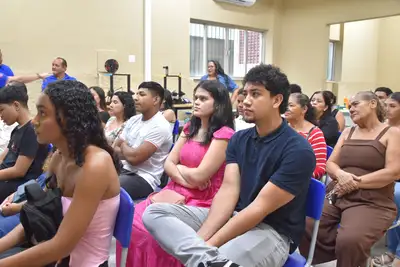Government launches consultation plans to consolidate REDD+ policy with the protagonism of traditional peoples
Consultations will ensure active participation of indigenous peoples, quilombolas, extractivists, and family farmers in forest preservation and benefit sharing
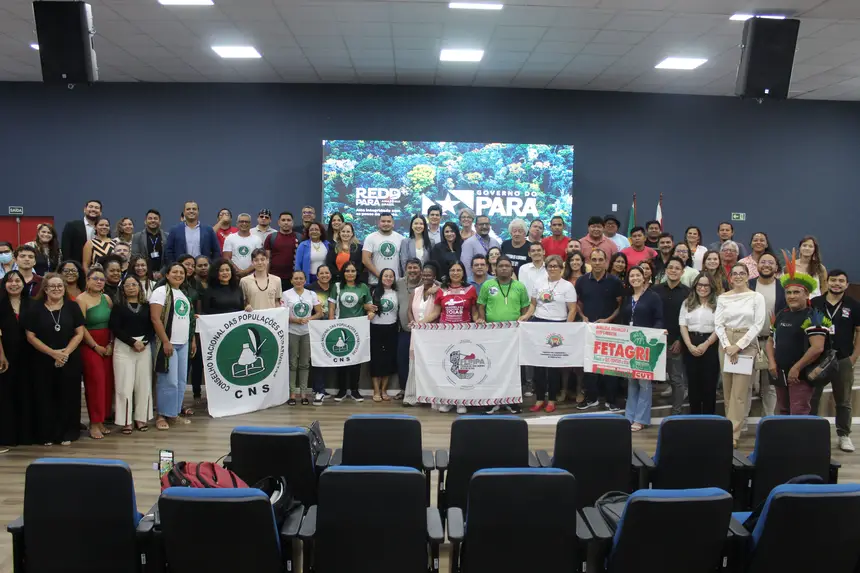
The Government of Pará launched, this Tuesday (12), the plan for Free, Prior and Informed Consultations (CLPIs), an essential milestone for the construction of the REDD+ Jurisdictional System (Reduction of Emissions from Deforestation and Forest Degradation). The event, held at the headquarters of the Secretary of Environment and Sustainability (Semas), brought together representatives of indigenous peoples, quilombolas, extractivists, and family farmers, who will play a central role in the process of listening and negotiating the environmental policy.
Through the State Secretary of Family Agriculture (Seaf) and Semas, the State received from the federations FETAGRI-PA and FETRAF-PA the document with the contributions of Family Agriculture for the construction of the Public Consultation Plan aimed at the sector. The material indicates how, when, where, and on which topics family farmers wish to be heard during the preparation of the REDD+ Jurisdictional System of the State of Pará (SJREDD+).
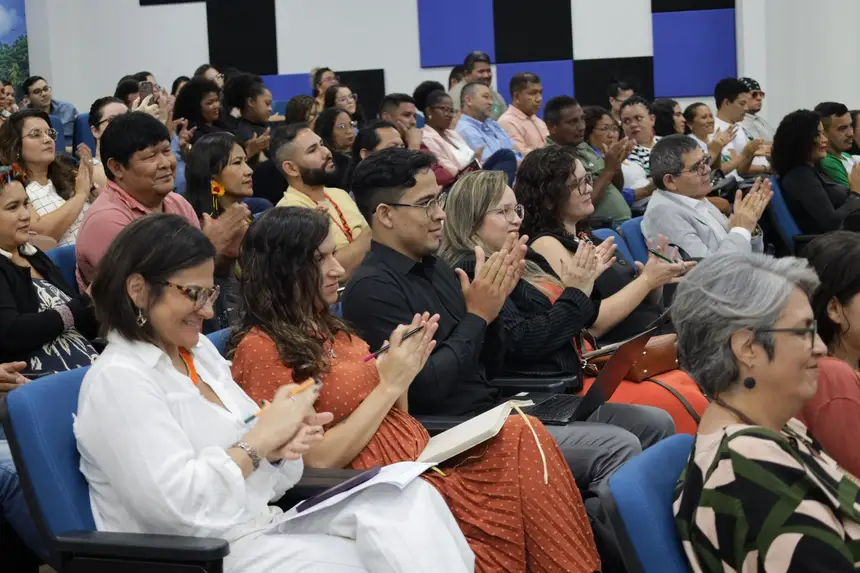
The construction of SJREDD+ is a collective process that involves the state government, civil society organizations, Indigenous Peoples, Quilombolas, Traditional Communities, and Family Farmers (PIQCTAF). As part of this process, representations of Family Agriculture have been contributing proposals since September 2024, when the first informative seminar on the subject took place.
With strong representation in the state, FETAGRI and FETRAF have maintained dialogue with the government to ensure the effective participation of the sector in the formulation of SJREDD+. Based on the proposals presented in the plan, Seaf and Semas will define the strategies for public consultation with Family Agriculture, to ensure representation, qualified listening, and decision-making power for those who directly engage in the conservation of carbon stocks, sustainable management of forest resources, and implementation of sustainable productive practices.
With the realization of more than 30 consultations throughout the state, the initiative seeks to ensure that Indigenous Peoples, Quilombolas, Traditional Communities, and Family Farmers (PIQCTAFs) participate in the construction of public policy and the definition of the sharing of benefits generated by the reduction of deforestation.
“Today, Pará takes a fundamental step by starting to listen to the traditional peoples and communities about this policy, which needs to be built collectively and with the protagonism of those who keep the forest alive. Consultations will be held in all regions of the state, respecting the rights guaranteed in ILO Convention 169,” said the Secretary of Environment and Sustainability, Raul Protazio Romão.
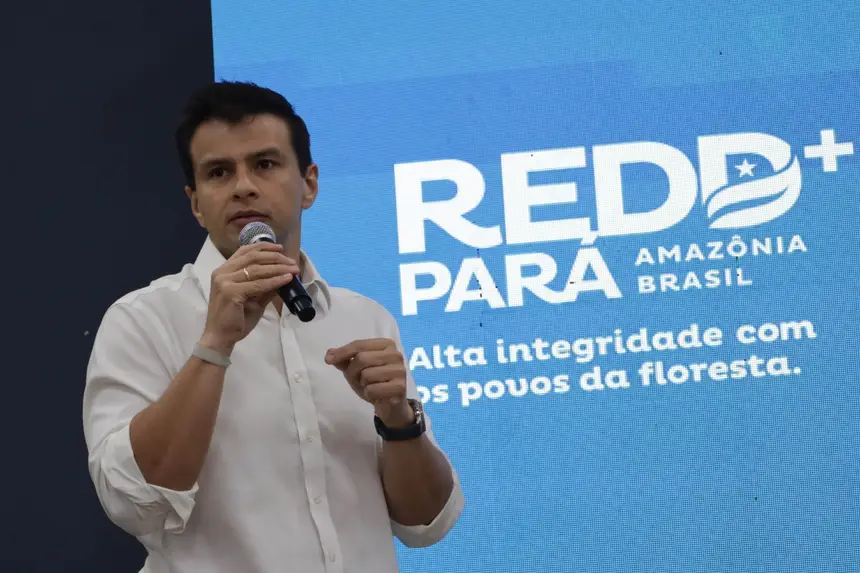
The event was attended by the Secretary of Indigenous Peoples, Puyr Tembé; the Secretary of Racial Equality and Human Rights, Edilza Fontes; and the Deputy Secretary of Family Agriculture, Cristiano Martins.
The first consultation is scheduled to take place between May 28 and 30 in Castanhal, with extractivist communities. Other consultations will be organized according to social segments and areas of operation.
Structured and Comprehensive Consultation
The Deputy Secretary of Water Resources and Climate Management of Semas, Renata Nobre, presented the schedule of CLPIs and detailed the methodology of the consultations, the stages of preparation, execution, and systematization of the meetings, as well as the draft law that will formalize the REDD+ policy in the State.
Recognition and Protagonism
During the launch, leaders from different social segments reinforced the importance of this historic moment. For Letícia Moraes, Vice President of the National Council of Extractivist Populations (CNS), the process “values the living forest and the people who preserve it. It is a source of pride to build this policy with the State.”
Érica Monteiro, from the Coordination of the Associations of the Remaining Quilombo Communities of Pará (Malungu), highlighted the need to ensure that the specificities of quilombola communities are addressed: “This active listening is a fundamental step for the social participation of all communities.”
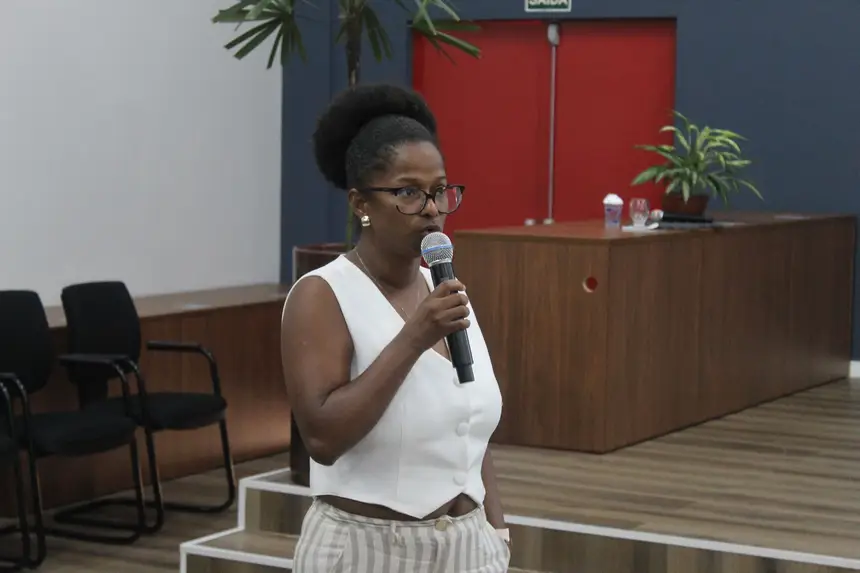
Ronaldo Amanayé, coordinator of the Federation of Indigenous Peoples of Pará (Fepipa), emphasized the autonomy of the indigenous peoples: “We are here with courage to build a policy that brings concrete benefits to our territories, respecting the specificities of each people.”
On this occasion, Semas also officially received the consultation protocols from family farmers. The document was delivered by José Carlos da Silva Reis, president of Fetagri, and by Noemi Gonçalves, state coordinator of Fetraf.
REDD+ and Carbon Credits
The state REDD+ policy is based on international climate financing mechanisms, which enable the generation of carbon credits from the verification of reductions in greenhouse gas emissions. These credits, when traded, generate revenues that should be reinvested in public policies aimed at environmental conservation, sustainability, and improving the quality of life of the populations living in the forest.


